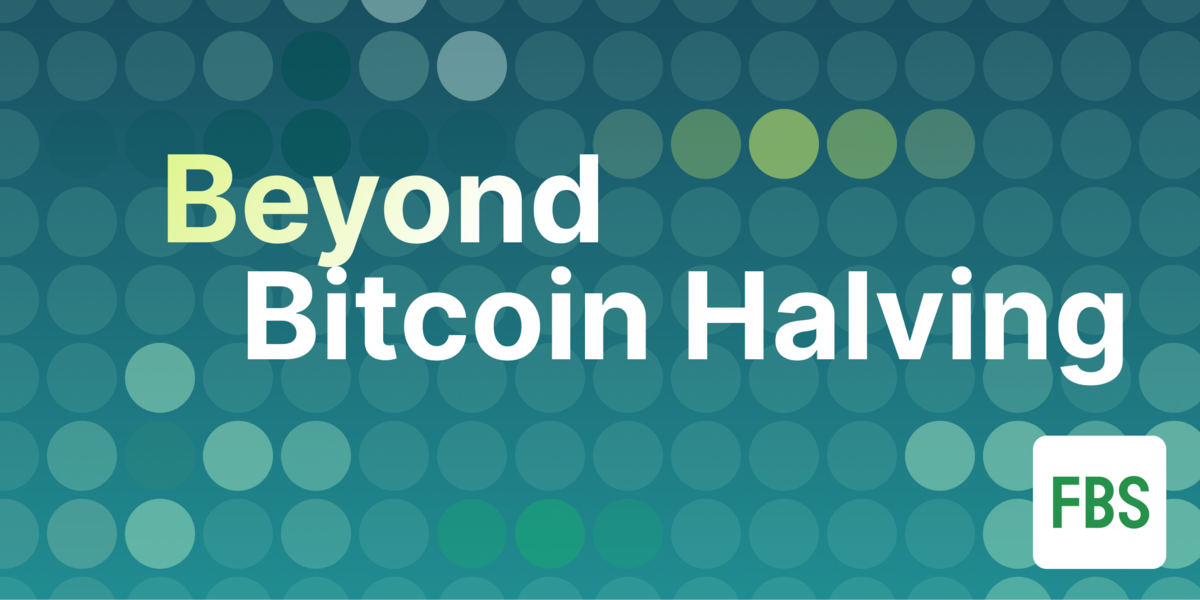CBDC Development: Advanced vs. Developing Countries
When it comes to the pace of development, emerging economies are moving faster on CBDCs compared to advanced economies. According to the Atlantic Council CBDC Tracker, there are currently 11 economies with a launched or piloted CBDC which include the Bahamas, Jamaica, Nigeria, Anguilla, and the Eastern Caribbean Currency Union (ECCU), all of which are classed as emerging. In contrast, only 8 advanced economies have piloted CBDCs to date, none of which are in the pilot stage.
Emerging countries like the Bahamas and Nigeria launched CBDCs to expand financial inclusion and digitalize their economies. Their relatively smaller scale and less complex financial systems allow quicker adoption, although Nigeria’s eNaira has seen a relatively low usage, estimated at 6% of its population as of March 2023, and may relaunch its CBDC after a redesign.
Larger advanced economies are taking a more cautious approach due to concerns around disruptive impacts on the banking system and monetary policy. Countries like the US and UK are therefore studying CBDCs extensively before any pilot.
As evidenced by the ECCU, CBDC adoption is not limited to single countries – other CBDC projects between countries or regions include the Stella project by the European Central Bank, the Fed and the Bank of England, Project Jura between France and Switzerland, and Project Icebreaker between Israel, Norway, and Sweden.
The First Movers on CBDCs
While 130 economies are now exploring CBDCs, only three have fully launched a digital currency so far and 9 are in the pilot phase.
The Bahamas, Jamaica, and Nigeria were the first countries to fully launch a CBDC, with their currencies launching in 2020, 2021 and 2022 respectively. The world's first CBDC is Bahamas’ Sand Dollar, launched in October 2020. Uruguay was the first country to perform a large-scale pilot of their CBDC in 2017, while China was the first G20 country to start researching CBDCs in 2014. Both however remain in the pilot phase of CBDC development to date.
The biggest economy in late-stage trials is China with their digital Yuan, or e-CNY. Chinese citizens can download the government's e-CNY app and exchange yuan for e-CNY at a 1:1 ratio. As of June 2023, transactions with the CBDC hit 1.8 trillion yuan, up from 100 billion yuan in August 2022.
Other leading economies actively piloting CBDCs include South Korea, Japan, and Canada. The Bank of Korea plans to publicly test a CBDC in 2023, while Canada’s Project Jasper recently partnered with Singapore’s Project Ubin to explore cross-border testing.
Meanwhile, the US, EU, and UK are still researching and weighing their options. The US completed their Project Hamilton research effort at the end of 2022 with no signs of an upcoming pilot, while the EU’s digital Euro project is still in its early investigation stage which aims to conclude by October 2023.
Which Countries Have Launched CBDCs?
The first 10 countries and regions to pilot and launch a CBDC, by year, are as follows:
| Country or Region | Pilot Year | Launch Year |
|---|---|---|
| Bahamas | 2019 | 2020 |
| Jamaica | n/a | 2021 |
| Nigeria | 2021 | 2022 |
| Uruguay | 2017 | n/a |
| Eastern Caribbean Currency Union | 2019 | n/a |
| Saudi Arabia | 2019 | n/a |
| Canada | 2020 | n/a |
| China | 2020 | n/a |
| France | 2020 | n/a |
| United Arab Emirates | 2020 | n/a |
What is a Central Bank Digital Currency (CBDC)?
A central bank digital currency (CBDC) is a digital form of fiat currency issued and regulated by a nation's monetary authority or central bank. Unlike cryptocurrencies like Bitcoin, CBDCs are centralized and fully controlled by the central bank.
CBDCs aim to utilize blockchain technology to gain the benefits of digital assets like faster transactions while maintaining the centralized control of traditional fiat. The key value proposition of CBDCs for central banks is having a digital version of their currency that can be easily tracked and regulated.
Some of the benefits of CBDCs include:
- Faster and cheaper cross-border payments
- Financial inclusion for those without bank accounts through digital wallets
- Reduced risks of money laundering and financial crimes
- New monetary policy options like negative interest rates
- Modernization of aging financial infrastructure
Additionally, CBDCs can help central banks retain control over payments and monetary policy amidst the rise of private crypto assets and big tech digital payment platforms.
Why Are Countries Developing CBDCs?
The main driver behind many central banks developing and launching CBDCs is the growing digitalization of economies globally. As cash usage declines, central banks risk losing control over monetary policy and payments without a digital currency alternative.
CBDCs allow central banks to have a digital foothold and assert their control in an increasingly digital financial system. This prevents private payment platforms like Alipay or cryptocurrencies from disrupting traditional finance, while allowing the central banks to explore blockchain technology at their own pace.
Additionally, cross-border payments facilitated by CBDCs can help central banks maintain their currency's status as a global medium of exchange and reserve currency. With China's rapid development of the digital yuan, many other major economies could now feel urgency to keep pace. CBDCs also enable central banks to modernize ageing financial market infrastructure and implement new functionalities not possible with physical cash like programmable CBDCs and direct transmission of monetary stimulus.
Methodology
This study assesses the global adoption of CBDCs in 2023. The data collected was based on the Atlantic Council CBDC Tracker which is updated regularly, with data last taken on August 16, 2023. The tracker distinguishes the level of adoption in four stages:
- Research
- Proof of concept
- Pilot
- Launch
The IMF World Economic Outlook Database was used to classify a country as advanced or emerging (developing). Due to some multi-country projects involving both advanced and emerging economies (Stella, Digital Euro) each country’s participation was counted individually.
If you use these insights, we would appreciate a link credit to this article on CoinGecko. A link credit allows us to keep supplying you with future data-led content that you may find useful.
Curious to learn more about the latest cryptocurrency industry trends and landscape? Check out our 2023 Q2 Crypto Industry Report.







 Or check it out in the app stores
Or check it out in the app stores
